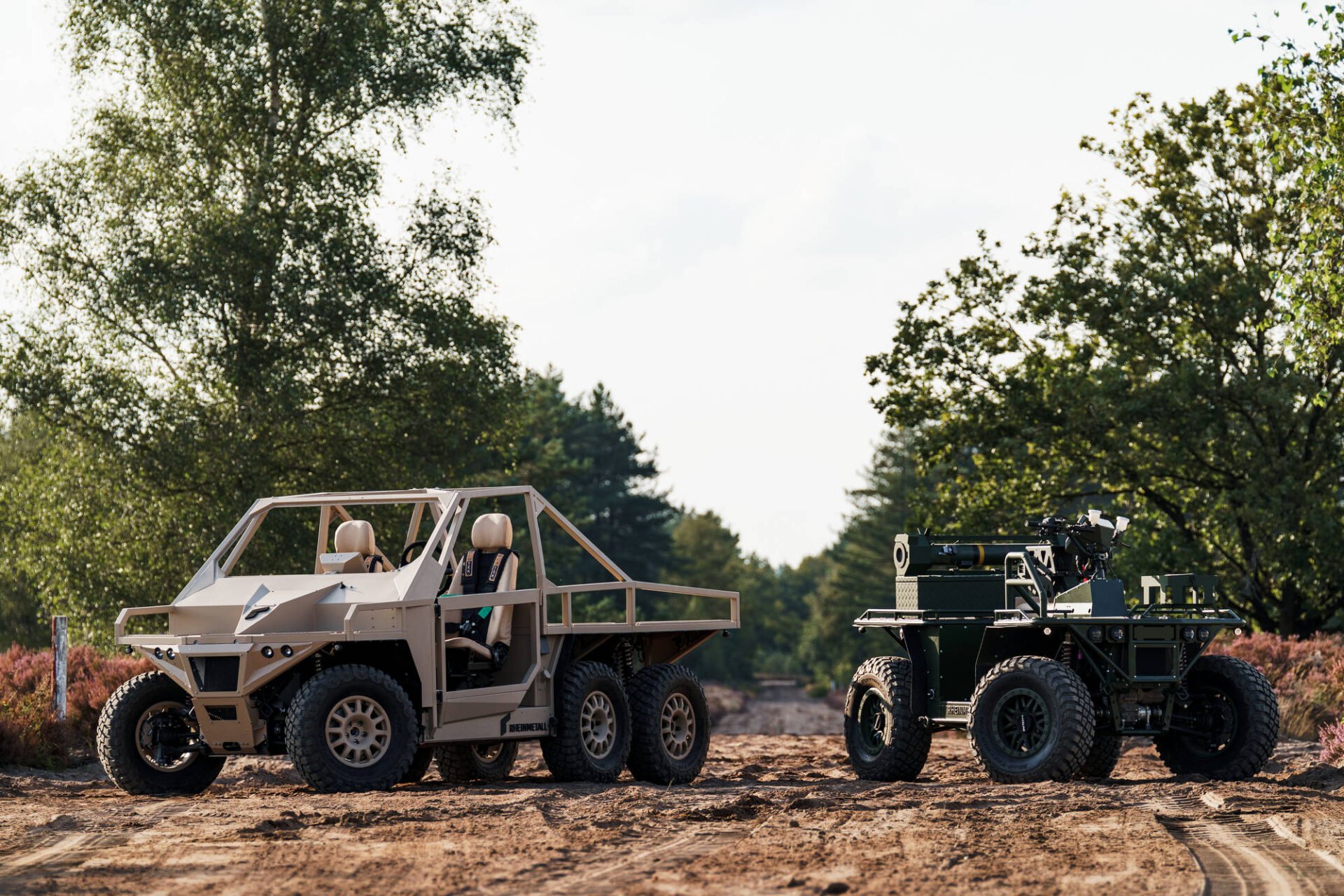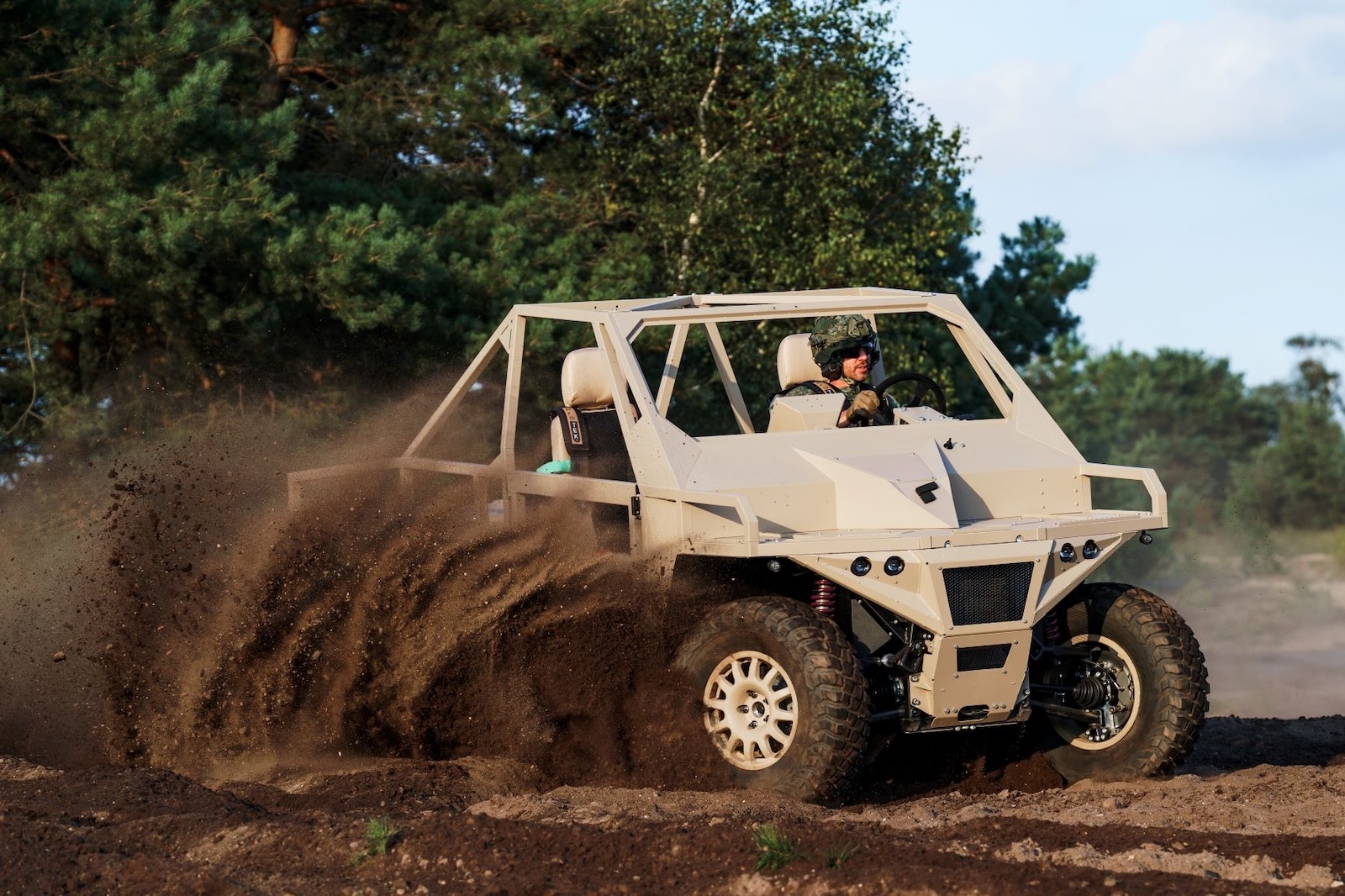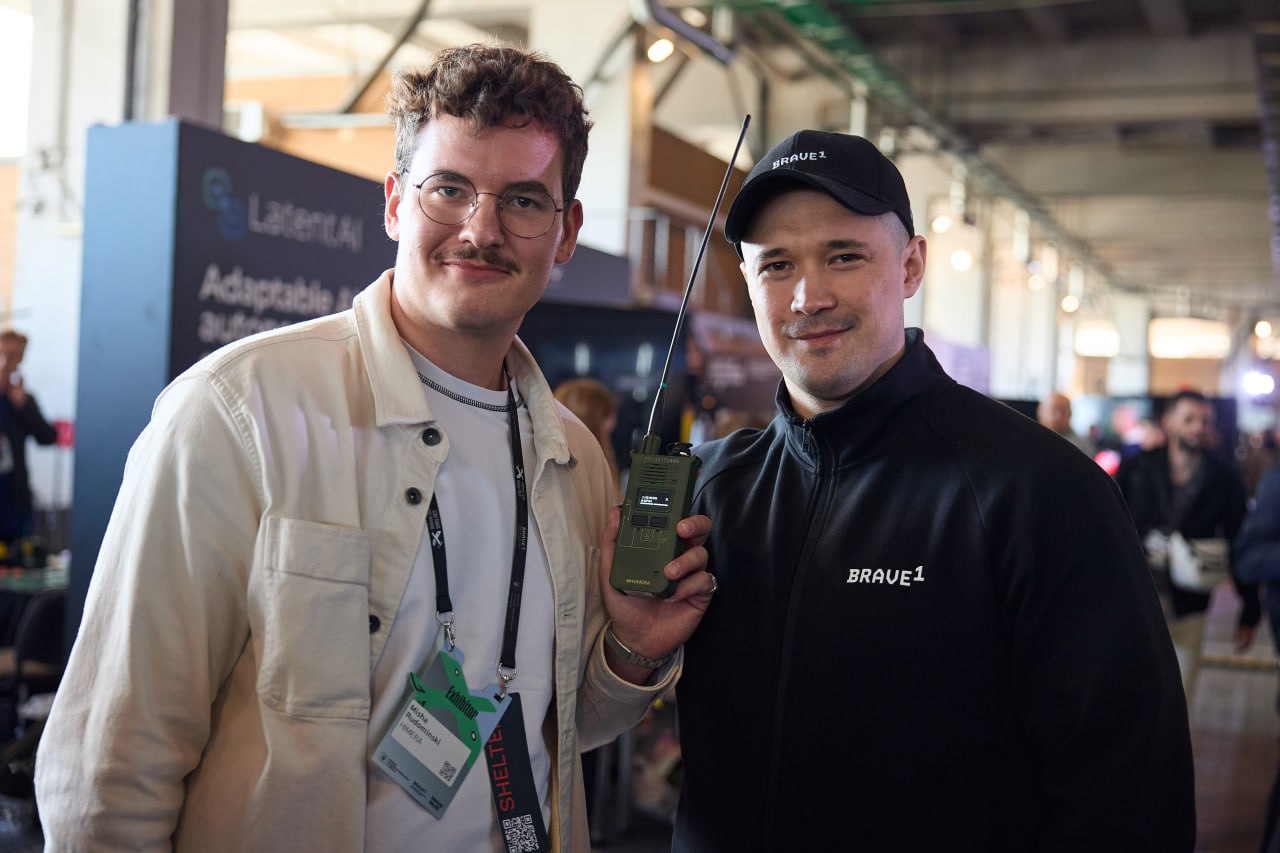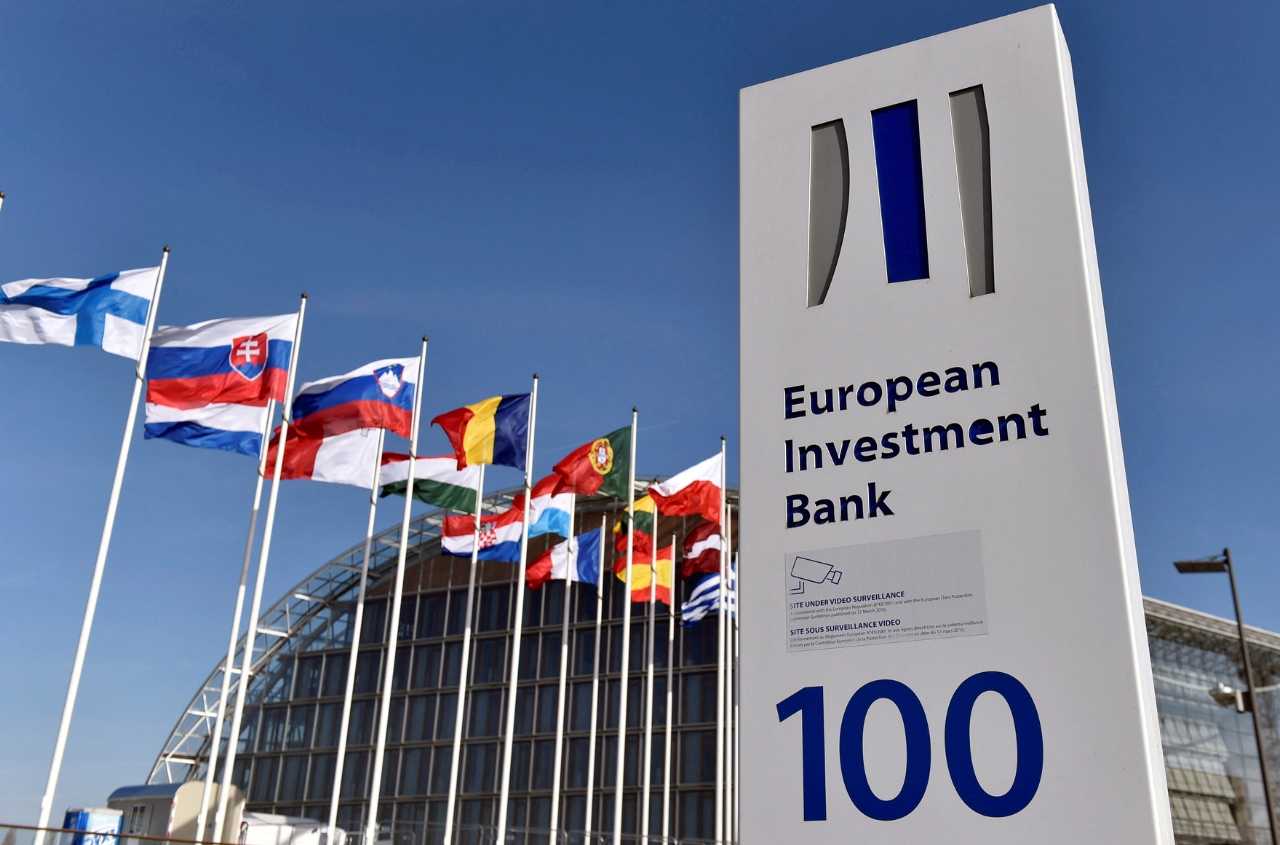The Dutch Ministry of Defence has signed a contract with Rheinmetall Defence Nederland B.V. to supply 20 advanced Ermine vehicles to Ukraine, marking a significant milestone in Dutch defense cooperation and support for Kyiv.
The agreement was signed on June 24 during the NATO Industry Summit in The Hague and was made on behalf of the Ukraine Defence Contact Group’s Task Force. The vehicles are set to enhance Ukraine’s frontline capabilities, particularly for casualty evacuation operations, and are expected to be delivered in 2026.
The Ermine—also known by its German name, Hermelin—is a new generation of highly mobile ground vehicles that can operate either manned or unmanned. Modular in design, the Ermine platform includes unmanned ground vehicles (UGVs), buggies, and quads, all built on a common diesel-electric hybrid drivetrain. This shared base offers unmatched flexibility, enabling the vehicles to be configured as 4x4 or 6x6 variants depending on operational needs.
With a payload capacity of up to one ton and a range exceeding 1,000 kilometers, the Ermine can be adapted for a wide range of missions. It also functions as a mobile energy source on the battlefield. Thanks to its compact size and modularity, up to four Ermine vehicles can be transported by military helicopters such as the CH-47 Chinook or CH-53.
“This marks the first major contract for the Ermine and a significant step forward in supporting Ukrainian defense efforts,” said Coen van Leeuwen, CEO of Rheinmetall Defence Nederland B.V. “We are grateful for the trust in our capabilities. Ermine is an innovative and capable solution for the modern battlefield.”

The project is not only a boost for Ukraine, but also for the Dutch defense sector. Rheinmetall’s collaboration with other Dutch firms — including DEMCON Defense & Security Systems B.V. and Abiom Communication Systems (ACS) B.V. — will advance local industry expertise and strengthen the Netherlands’ own defense capabilities.
This contract is part of a broader Dutch commitment to helping Ukraine resist Russian aggression, and reflects a growing synergy between defense innovation, national industry, and international security cooperation.





















